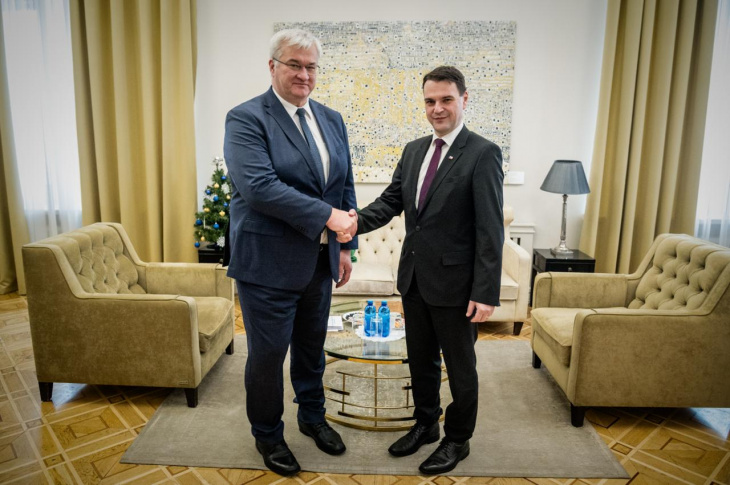Developers submitted 162 proposals to the NATO International Innovation Challenge, organized by the Joint NATO-Ukraine Centre for Analysis, Training, and Education (JATEC). The competition focuses on countering FPV drones controlled via fiber-optic cables.
This marks a record-breaking number of applications for the 16th edition of the NATO Innovation Challenge—more than in any previous NATO innovation hackathon.
Among the submissions are 42 projects from Ukrainian developers, underscoring the high level of defense technology development in Ukraine despite the ongoing Russian war.
According to Colonel Valerii Vyshnivskyi, Director of Program Implementation at JATEC, Ukraine’s participation allows domestic developers to present themselves at the NATO level. “This significantly increases the technological interoperability between the Armed Forces of Ukraine and NATO forces, which is key to collective security,” he stated.
The innovation challenges are led by NATO’s Allied Command Transformation (ACT). Earlier this year, JATEC also organized a hackathon focused on countering guided aerial bombs (GABs), where Ukrainian experts joined the jury for the first time.
The current challenge seeks technologies capable of effectively countering FPV drones, which have shown exceptional resistance to electronic warfare systems.
Pierre Delhomme, NATO Innovation Challenge Coordinator, noted:
“The Innovation Challenge brings together operators, innovators, and decision-makers at early stages of the process to turn battlefield needs into scalable, interoperable solutions. This allows NATO to engage a wide network of startups, academia, and industry to implement breakthrough ideas.”
The evaluation of submitted proposals is currently underway. Finalists will be announced on June 20 in Tallinn during the public presentation of the hackathon results.
Winners of the challenge will gain not only access to NATO’s expert ecosystem but also new opportunities to integrate their technologies into joint defense initiatives—thereby strengthening the defense capabilities of both Ukraine and its NATO allies.





















